

Social media has become a critical sales channel for small businesses, with 71% of Gen Z users now discovering new products via social platforms. In fact, over 5 billion people use social media worldwide, offering massive opportunities to boost brand awareness, engage customers, and drive revenue. The challenge for small businesses is that building a consistent, captivating social presence can be time-consuming and resource-intensive. Marketers often spend 60–80% of their time on manual tasks like posting content and replying to messages, leaving little time for strategy and creative work. That’s where marketing automation comes in. By automating repetitive social media tasks (from scheduling posts to responding to customer inquiries), small teams can maintain an active, interactive presence 24/7, even outside business hours. It’s no surprise that 50% of marketers report using automation for social media management – freeing them to focus on strategy, while ensuring no sales opportunity slips through the cracks.
In this definitive guide, we’ll explore the top 10 marketing automation tools that help small businesses boost sales on social media. These tools cover everything from social media scheduling and content curation to AI-powered chatbots that can turn comments and messages into conversions. Each tool on this list has proven features to streamline your workflow, increase engagement, and ultimately drive more sales via social channels. Whether you need to plan posts across platforms or automate personalized follow-ups in DMs, there’s a solution here for you. (Bonus: We’ll also highlight how modern AI tools like BotSpace bring intelligent automation to social messaging, helping you capture leads and delight customers automatically.) Let’s dive in!
Small businesses today depend on social media more than ever – 75% say digital marketing (with social media as a crucial channel) is key to their overall strategy. However, keeping up with multiple platforms and timely engagement can overwhelm a tiny marketing team. Social media automation tools address this pain point by handling everything from posting content at optimal times to instantaneously liking, commenting, or messaging back your followers. By entrusting routine interactions to automation, you ensure your brand stays lively and responsive even when you’re offline. This not only maintains customer interest but also signals algorithms that your content is engaging – which can amplify your reach organically.
Automation also brings data-driven insights. Most tools include analytics dashboards that track your campaign performance and audience behavior in real time. These insights help you double down on what’s working (and fix what isn’t) to improve ROI. Ultimately, marketing automation lets small businesses “do more with less” – expanding their social media impact without needing large teams or budgets. The following tools exemplify these benefits, each in their own way, by simplifying social selling and helping turn likes and follows into actual sales.
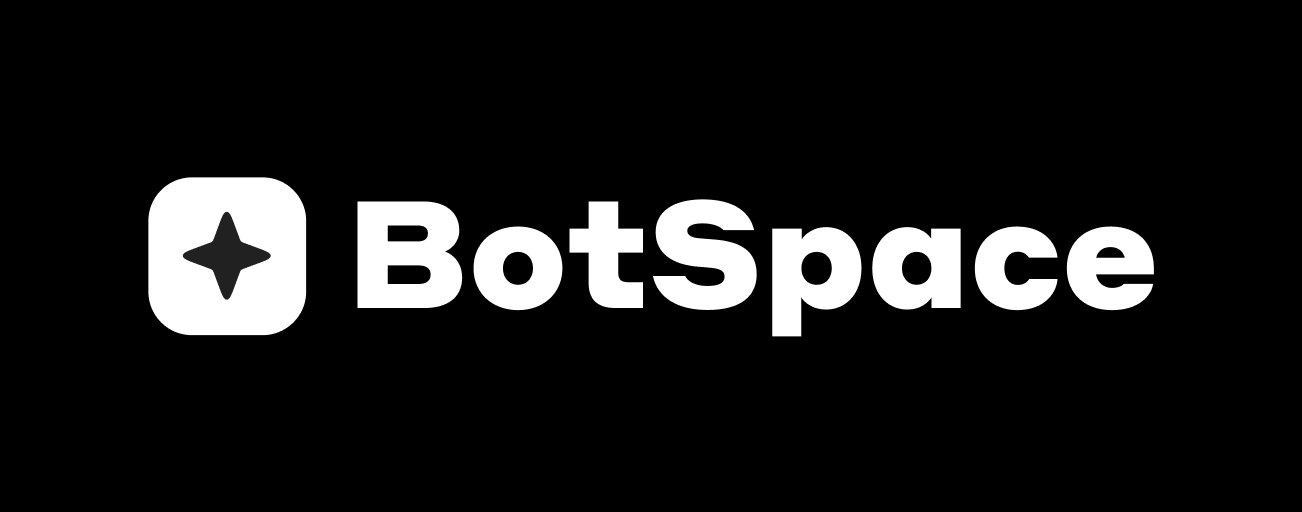
BotSpace stands out as an AI-driven customer engagement platform that helps small businesses grow sales through messaging channels, particularly WhatsApp and Instagram. As an official Meta Business Partner, BotSpace provides full access to WhatsApp Business API features via an easy interface – essentially unlocking the ability to send bulk messages, set up chatbot conversations, and integrate WhatsApp with your CRM or e-commerce platform. What’s special about BotSpace is its emphasis on intelligent automation: it offers an AI-powered virtual agent (nicknamed “Agent Rex”) that can handle routine customer inquiries in a very human-like way. This means your customers can get instant answers to FAQs (product info, order status, etc.) or even personalized recommendations any time they message you, which keeps them engaged and more likely to buy.
For social media sales, WhatsApp marketing is huge – open rates for WhatsApp messages are as high as 98% (far above email), and click-through rates on interactive WhatsApp broadcasts can reach 45–60%, about 5× higher than typical email or SMS campaigns. BotSpace enables you to tap into this potential by letting you broadcast promotional messages, back-in-stock alerts, or flash sale notifications to your WhatsApp contacts (with proper opt-in, of course). You can segment your audience for targeted campaigns – for example, send a special offer to users who clicked an Instagram post but haven’t purchased yet. On Instagram, BotSpace can automate comment-to-DM funnels similar to ManyChat: if someone comments a trigger word on your post, BotSpace will instantly DM them with the requested info or link (say, a product page or a discount code). This not only drives conversions but also boosts your Instagram engagement (which can lead to greater organic reach).
In practice, BotSpace acts as an all-in-one solution for marketing, sales, and even customer support automation on messaging apps. Small businesses can use it to schedule messages, set up workflow automations (like sending a follow-up WhatsApp message if no reply after 2 days), and ensure compliance with platform rules. By leveraging AI chatbots, BotSpace helps you nurture each social media lead with timely, personalized interactions at scale – something previously only big companies could do. The end result is more sales closed with less manual effort. For instance, if a potential customer sends “Hi, I’m interested in [Product]” on WhatsApp at midnight, BotSpace’s bot can instantly respond, provide details or even a payment link, and secure the sale before a competitor does. And if the question is complex, the bot can collect the info and assure the user a human will follow up first thing in the morning. This blend of automation + human handoff ensures efficiency without sacrificing personal touch.
Pricing: BotSpace offers a free plan with majority of the useful features; to unlock more features such as: (AI Assist, Translate, Teams,Macros & more), plans start at $15/month.
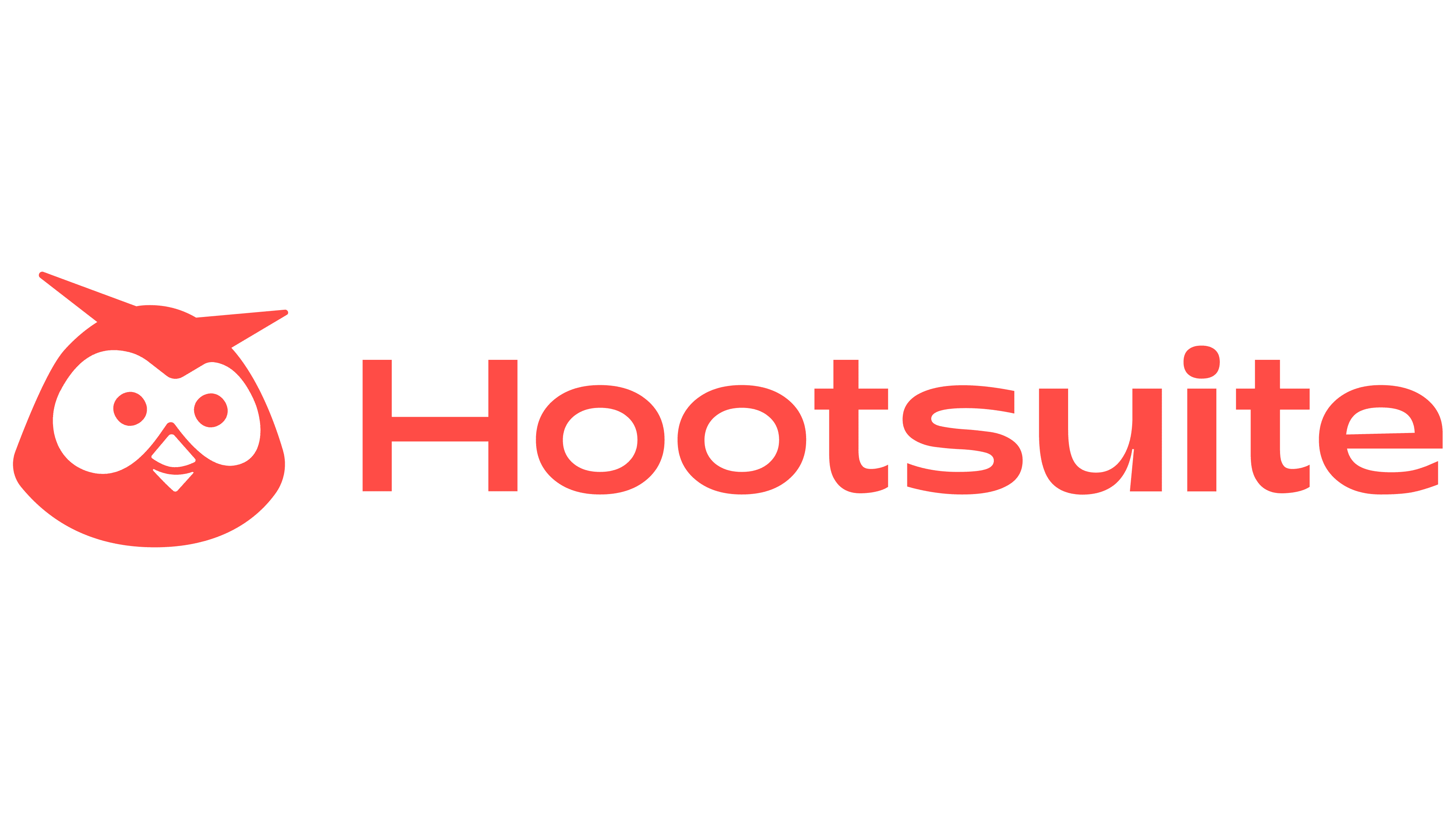
Hootsuite is one of the most well-established social media automation platforms, trusted by businesses to manage all their social accounts in one place. With Hootsuite, you can automatically schedule posts across major networks (Facebook, Instagram, Twitter/X, LinkedIn, etc.) well ahead of time and ensure consistent content delivery at optimal hours. It also provides robust social listening tools to monitor public conversations, mentions, and even competitor activity in real time. This means you never miss a chance to engage a prospect or capitalize on a trending topic.
For a small business with a growing team, Hootsuite’s collaboration features are a big plus – it offers granular team management and permission controls so you can safely have multiple people managing social campaigns. The built-in analytics dashboard delivers detailed reports on how your posts and ads are performing across each network, helping you identify which content drives the most engagement or conversions. In short, Hootsuite’s all-in-one approach streamlines your workflow and provides deep insights to refine your social media strategy. By scheduling content in advance and tracking results, you can maintain an active presence that nurtures leads and nudges followers toward purchase, all with less manual effort.
Pricing: Hootsuite’s Professional plan starts at $99/month (with a free 30-day trial) for 1 user and up to 10 social profiles.
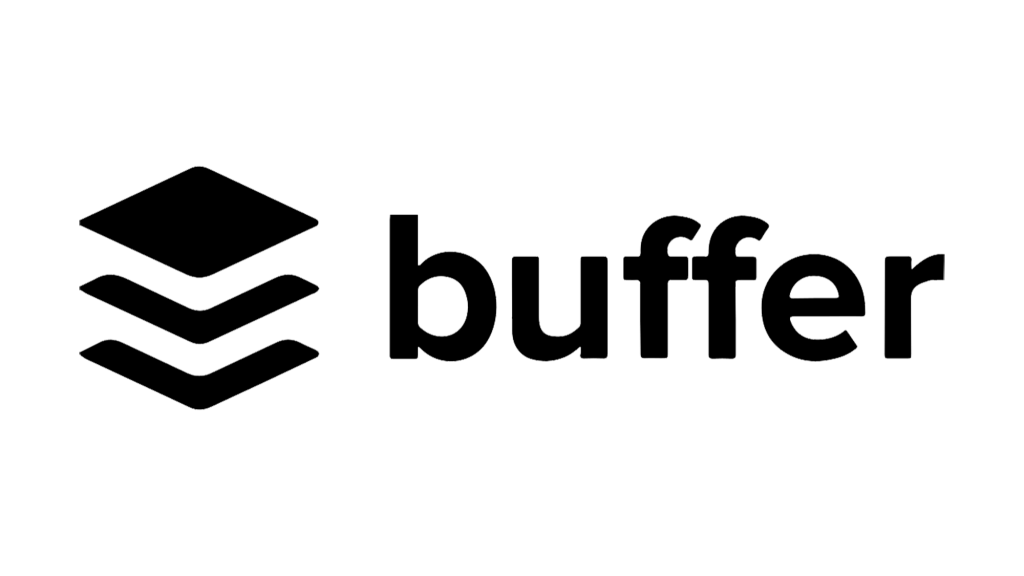
If you’re looking for a user-friendly and budget-friendly way to automate social media posting, Buffer is an excellent choice. Buffer makes it dead simple to schedule content on platforms like Facebook, Instagram, Twitter, LinkedIn, and more via a single dashboard. You can line up a queue of posts and have them publish at predetermined times, helping you maintain a steady cadence (even on weekends or holidays) without having to manually hit “publish” each time. For a small business owner who wears many hats, this ensures your social feeds stay active and relevant daily, which is key to staying top-of-mind with customers.
Despite its simplicity, Buffer still offers useful analytics to gauge how your posts perform – you can monitor likes, shares, clicks, and other metrics to see what content resonates most. It even supports team collaboration, letting multiple users contribute to a shared posting calendar with an approval workflow. This is great if you have a virtual assistant or part-time marketer helping out. Buffer’s clean interface and focus on core features make it ideal for small teams seeking straightforward automation without the steep learning curve. By using Buffer to consistently post quality content and analyze results, small businesses can steadily grow their social following and funnel more engaged traffic to their product pages or website.
Pricing: Buffer offers a free plan (for up to 3 social channels), and paid plans start as low as ~$6 per month per channel – making it one of the most affordable automation tools.

Sprout Social is a powerful social media management tool known for its rich feature set and is especially popular with larger small businesses, agencies, or any team that needs deeper insights. Sprout Social’s standout features include a Smart Inbox that consolidates all your messages and comments from different platforms into one feed for easy management. This unified inbox ensures you can promptly reply to customer inquiries or comments across channels – a responsiveness that can directly translate into sales (e.g. quickly answering a product question could secure a purchase).
Sprout also provides an intuitive publishing calendar to plan and visualize your content strategy at a glance. You can collaborate on posts, queue them, and ensure a cohesive multi-platform campaign. Additionally, Sprout Social shines in social listening and monitoring: it can track mentions of your brand or keywords, helping you tap into conversations and identify influencers or trending discussions relevant to your business. These insights can inform your marketing tactics (for example, if you see people asking for a solution that your product offers, you can swoop in). Sprout’s comprehensive analytics and reporting go beyond vanity metrics – you get in-depth reports on audience demographics, engagement trends, and even sentiment analysis to gauge customer attitudes.
Pricing: For small businesses that are scaling up, Sprout Social offers enterprise-grade capabilities to prove and improve social ROI. The caveat is cost: Sprout’s plans start around $249 per month for 3 users (with a free trial available), so it’s an investment typically justified if you need that level of depth. If budget permits, Sprout Social’s tools can significantly boost sales by ensuring no customer interaction falls through the cracks and by providing data to optimize your content for maximum engagement and conversion.

Zoho Social is part of the broader Zoho ecosystem and is tailored for small businesses that want social media tightly integrated with their CRM and sales processes. With Zoho Social, you can schedule and publish posts across platforms and then monitor how audiences interact, similar to other tools. What sets it apart is the native integration with Zoho CRM (and other Zoho apps like Zoho Desk for support). This means that when someone engages with your social content, you can easily funnel that data into your CRM – for example, capturing a commenter as a new lead, or logging a social interaction in their customer record. Such integration helps break down silos between your marketing and sales teams, giving you a 360° view of how social media efforts are contributing to your sales pipeline.
Zoho Social also offers customizable listening dashboards to track keywords, hashtags, and mentions that matter to your business. You can effectively keep an ear to the ground and respond to opportunities in real time. Another handy feature is the ability to automate reposting of your top-performing content – ensuring evergreen posts or important announcements continue to reach new followers without manual resharing. For a small business with limited time, this can squeeze extra value out of every piece of content.
By using Zoho Social, businesses can engage prospects on social media and seamlessly move those conversations into one unified sales funnel. Imagine a scenario where someone tweets about needing a service you offer – Zoho Social alerts you, you respond, and then add them as a lead in Zoho CRM with one click, kicking off an email nurturing sequence. That kind of smooth workflow can noticeably boost sales conversions.
Pricing: Zoho Social starts at around $15/month for the Standard plan (1 brand, 3 users), with higher tiers for agencies or additional brands. Its affordability and CRM tie-in make it a strong choice for growing small businesses.
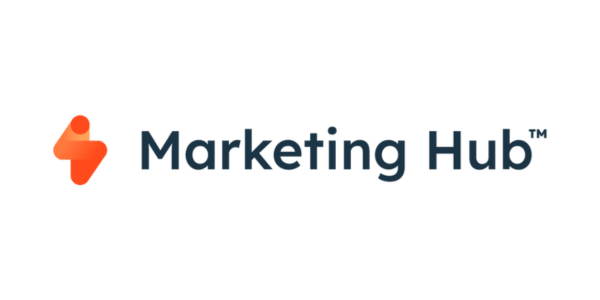
HubSpot is renowned for its all-in-one marketing automation platform, and its Marketing Hub includes robust social media automation tools built right in. For small businesses aiming to connect social media to email marketing, CRM, and sales – HubSpot offers a cohesive solution. You can schedule and publish social media posts directly from HubSpot’s interface and then track the traffic and leads those posts generate, all the way through to customer conversion. Because it’s part of a larger CRM system, HubSpot excels at attributing social media efforts to actual sales results (e.g. you can see if a particular Facebook post led to 10 new contacts and 2 sales deals).
Key features of HubSpot’s social automation include social monitoring (tracking mentions and keywords), and the ability to tie social interactions to specific contact records in the CRM. For example, if a lead interacts with your tweet, their contact timeline in HubSpot will reflect that engagement – incredibly useful context for sales follow-ups. HubSpot also provides campaign analytics that show how your social posts, blogs, emails, etc. collectively perform towards your goals. Essentially, it bridges the gap between social media and downstream marketing activities like email drips or sales calls.
Small businesses will appreciate HubSpot’s focus on generating and nurturing leads: you can create custom workflows so that, say, when someone messages your Facebook page, HubSpot can automatically send them a follow-up email or assign a task to your sales rep. HubSpot even allows you to deploy chatbots on your website or Facebook Messenger for common questions, which is another avenue of social selling. While HubSpot can be overkill if you only need simple scheduling, it’s invaluable if you want an integrated growth platform. By ensuring every social media engagement is captured and followed up (with personalized content or sales outreach), HubSpot helps maximize the sales you generate from social media traffic.
Pricing: HubSpot offers a free CRM with limited marketing features; to unlock the full Marketing Hub (including social tools), plans start at $20/month and up. They also have steep startup discounts (up to 90% off) for eligible small businesses, making it worth considering.
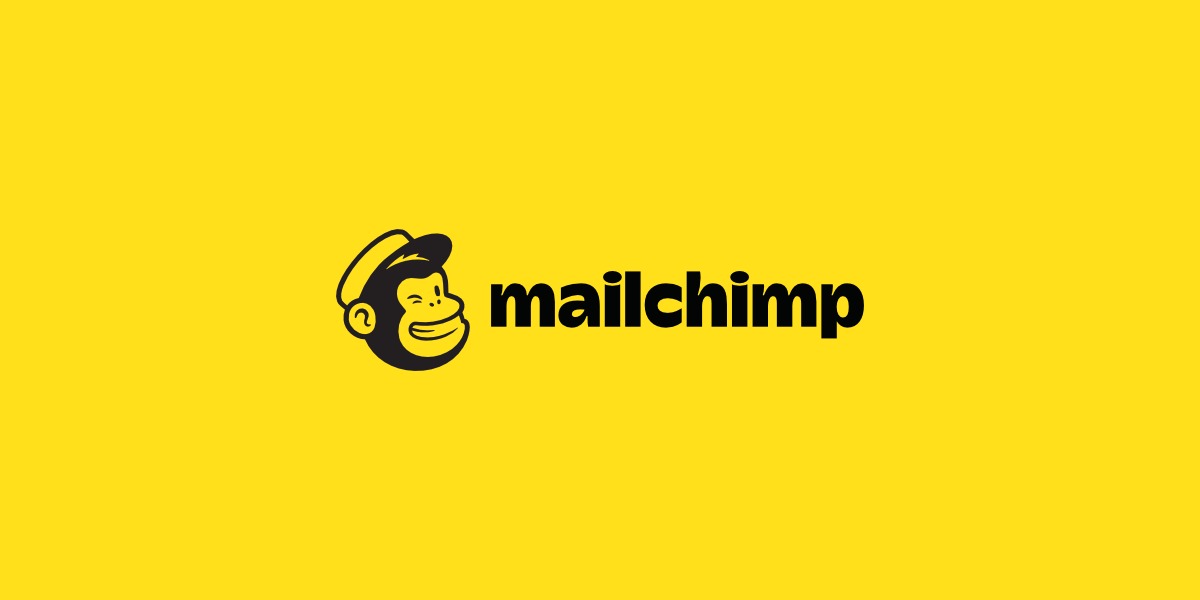
Mailchimp is best known as an email marketing platform, but in recent years it has evolved into a more comprehensive marketing automation tool – including features that help you on social media. For small businesses that primarily use email and social media to reach customers, Mailchimp provides a convenient hub to coordinate both. You can design and automate email campaigns and create social media ad campaigns (like Facebook and Instagram ads) within Mailchimp’s dashboard. It also offers a content studio and landing page builder, which means you can ensure that your messaging is consistent from the social post or ad all the way to the signup page, which is great for conversion rates.
Using Mailchimp’s automation workflows, you can do things like automatically send a follow-up email series to someone who clicked on your Instagram ad but didn’t purchase, or show special Facebook ad offers to people on your email list (via custom audiences). This kind of cross-channel automation is powerful for nurturing leads generated on social media. Mailchimp also provides analytics that tie together your email and social campaigns, so you get a holistic view of customer engagement. According to recent data, leveraging Mailchimp’s automation features can increase email open rates by 14.3% and improve conversion rates significantly – and those benefits extend to social ads due to better targeting and timing.
Another useful aspect is Mailchimp’s social posting feature: you can actually draft and publish basic posts to Facebook, Instagram, and Twitter from Mailchimp, often repurposing your email content. For a very small team, having one tool for both email and social saves time and ensures uniform branding. Overall, Mailchimp helps small businesses boost sales by keeping your audience engaged through multiple touchpoints. For example, you might catch a lead’s attention with a promoted post on social media, and Mailchimp can automatically follow up with an email coupon – increasing the chance of conversion.
Pricing: Mailchimp has a free tier (up to 500 contacts) and its paid plans start around $13/month for essentials. The integration of social ads is available on all paid plans, making it an accessible choice for businesses already using Mailchimp for email.
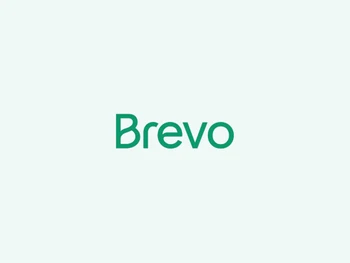
Brevo, formerly known as Sendinblue, is another excellent automation platform for small businesses that want to orchestrate their marketing across email, SMS, live chat, and even social media ads. Brevo is particularly known for its workflow builder – you can create custom automation workflows that trigger messages based on user behavior or time delays (for instance, send a reminder email and an SMS coupon if a user clicks a Facebook ad but doesn’t complete checkout). This level of personalization and timing can significantly boost your conversion rates on social media-driven traffic.
One way Brevo supports social media sales is through its Facebook Ads integration: you can build audiences and manage Facebook ad campaigns directly from Brevo’s interface, using the contact lists and segments you’ve developed. This means your social ads are better targeted (e.g. showing only to people who opened your last email, or people in your CRM tagged as high-value leads). Brevo’s email platform also allows you to easily retarget or follow up with those who engage with your social ads. Additionally, Brevo offers a chat widget you can put on your website – connecting your social media promotions to real-time conversations when visitors land on your site. If someone comes from an Instagram post to your site, the chat can greet them or answer FAQs automatically, helping move them closer to purchase.
The platform provides reporting across all these channels, so you see the full picture of a customer’s journey – maybe they clicked an SMS, then later saw a social ad, then finally converted via email offer. Understanding these paths can help you invest in the right social tactics. Brevo (Sendinblue) is often praised as one of the best value marketing automation tools for small businesses because it packs a lot of multi-channel features at a relatively low price. By using Brevo to send timely messages on the channels your audience prefers (be it email, text, or social), you can dramatically improve engagement and sales.
Pricing: Brevo has a free plan (up to 300 emails per day) and their paid plans start at $25/month for the Business plan, which includes marketing automation features. SMS and ad costs are pay-as-you-go on top of that.
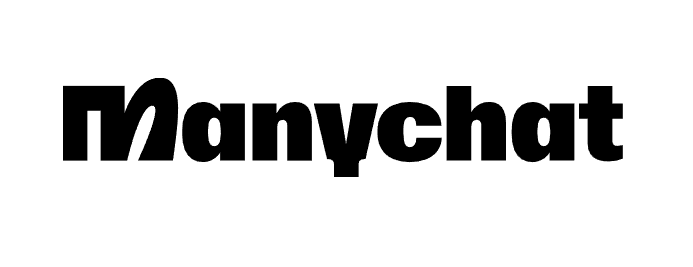
ManyChat is a specialized automation tool focused on chat-based marketing – specifically, it enables you to create AI-driven chatbots and automated messaging sequences on platforms like Facebook Messenger, Instagram DMs, and WhatsApp. For small businesses that get a lot of inquiries or comments on social media, ManyChat is a game-changer: it can automatically engage users in a conversation, answer their questions, and even drive them to make purchases without human intervention. In fact, ManyChat allows customers to buy products directly within Messenger by guiding them through product selection and checkout via PayPal/Stripe, all inside the chat window. This removes friction from the sales process – a customer can go from asking “Do you have this in red?” to completing an order in the same chat, thanks to the bot.
ManyChat is also great for capturing leads on social. You’ve probably seen those Instagram posts or Facebook ads that say “Comment 'YES' for a discount code!” – ManyChat powers that kind of interaction by auto-detecting the comment trigger and then sending the user a direct message with the promo or info. This not only delights the customer with instant response, but also moves the conversation to a private channel where you can continue marketing to them. ManyChat can send follow-up sequences: for example, if someone doesn’t complete their purchase, the bot can message them a reminder or a one-time discount after 24 hours to nudge them. It effectively acts as a round-the-clock sales assistant on your social media fronts.
Small e-commerce businesses find huge value in ManyChat’s ability to personalize recommendations. The bot can ask questions to tailor product suggestions (like a virtual salesperson), and even issue a special coupon to close the sale. ManyChat integrates with thousands of apps via Zapier, so you can sync customer data to your email list or CRM as well. Do keep in mind ManyChat currently works with Messenger, Instagram, and WhatsApp – not Twitter or LinkedIn. But those platforms cover the majority of social commerce scenarios for B2C companies. By ensuring you instantly engage every commenter or DM on your socials, ManyChat can dramatically increase the number of leads you convert to customers. Businesses have used it to automate answering FAQs, freeing up time, and to drive sales on auto-pilot during off hours.
Pricing: ManyChat has a free plan with basic chatbot features and a Pro plan starting at $15/month (for up to 500 contacts), scaling up based on your subscriber count. Given the potential sales upside, it’s a modest investment for automating your social selling funnel.

Rounding out our list is Agorapulse, a comprehensive social media management tool that is particularly useful for its social inbox and CRM features. Agorapulse allows you to manage all your incoming social media messages, comments, and mentions in one centralized inbox (similar to Sprout Social’s Smart Inbox). The benefit here is ensuring timely responses – you can engage prospects asking questions pre-sale or handle customer service issues that, if left unaddressed, might hurt your reputation. Agorapulse’s inbox can also capture ad comments (e.g., comments on your Facebook Ads), which many tools miss, so you won’t overlook potential leads expressing interest through ad interactions.
What sets Agorapulse apart is its built-in social CRM. You can label and group your audience members, add notes to their profiles, and view the full history of interactions with each person. For a small business, this means if John Doe has commented on three of your posts asking about different products, you’ll see that pattern and can approach him with a tailored offer (perhaps via DM or a personalized comment response). Agorapulse essentially helps you remember and organize who your engaged followers are – functioning like a lightweight CRM focused on social contacts. This is extremely helpful for nurturing leads through a longer sales cycle on social media.
Agorapulse also provides unlimited, customizable reports to analyze your social media ROI – it can show the outcomes (clicks, conversions) of your efforts, which is great for focusing on tactics that produce sales. It even lets you bulk upload/schedule posts and set up content queues for evergreen content, saving time on the publishing side. By systematically using Agorapulse to engage followers and track each relationship, a small business can gradually convert casual commenters into loyal customers. It’s especially useful if you handle a lot of direct messages asking for info – each inquiry can be viewed as a sales lead rather than just a support ticket. The tool ensures you follow up diligently and maintain a personal touch.
Pricing: Agorapulse starts at $49/month (when paid annually) for a plan that supports 1 user and 10 social profiles. They offer a 30-day free trial as well. If building strong one-on-one relationships with your social audience is how you drive sales, Agorapulse is worth the investment.
Deploying these tools can transform your social media marketing, but it’s important to use them strategically for best results. Here are a few tips to keep in mind:
By following these practices, you’ll ensure that your shiny new automation tools truly serve your business objectives – engaging more people, responding faster, and converting more social media followers into paying customers.
Looking ahead, social media automation is poised to become even more intelligent and indispensable for small businesses. Advancements in AI and machine learning are making automation tools smarter at understanding customer intent and sentiment. For example, AI chatbots are rapidly evolving beyond scripted Q&As – soon, they’ll handle nuanced sales inquiries or even upsell/cross-sell products based on live conversation cues. We’re already seeing glimpses of this with tools like BotSpace’s AI agent, which uses natural language processing to carry on human-like chats with customers.
Additionally, expect more integration between social commerce and automation. Social platforms are adding direct shopping features (Instagram Shops, Facebook Shops, TikTok commerce), and automation tools will tie into these so that everything from product catalog updates to order confirmations can be automated. A likely scenario is your social media automation tool automatically promoting a product when inventory is high, then pausing ads when stock runs low – all based on e-commerce data signals.
For small businesses, the continued democratization of automation technology means you’ll have access to capabilities that once only big corporations had. The playing field is leveling. The key is to embrace these tools early and use them ethically and creatively. By doing so, you can create highly personalized customer experiences at scale – the holy grail of marketing.
Bottom Line: Marketing automation is no longer a nice-to-have; it’s a must-have for any small business looking to boost sales via social media. The tools we covered can help you save time, respond faster, and convert more leads by taking over the grunt work and letting you focus on strategy and relationships. From scheduling content with ease to harnessing AI-driven chatbots that sell while you sleep, there’s never been a better time to invest in automation. Choose the mix of tools that fits your needs, set them up thoughtfully, and watch as your social media channels become powerful revenue drivers for your business.
By leveraging these top 10 tools – and especially by taking advantage of innovative solutions like BotSpace’s AI-powered automation – small businesses can punch well above their weight on social media, turning likes, tweets, and DMs into tangible sales. Happy automating, and here’s to your growth! 🚀
The new age of AI-first customer engagement starts here